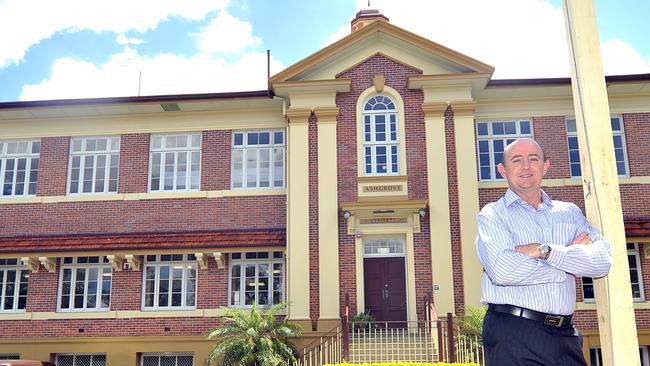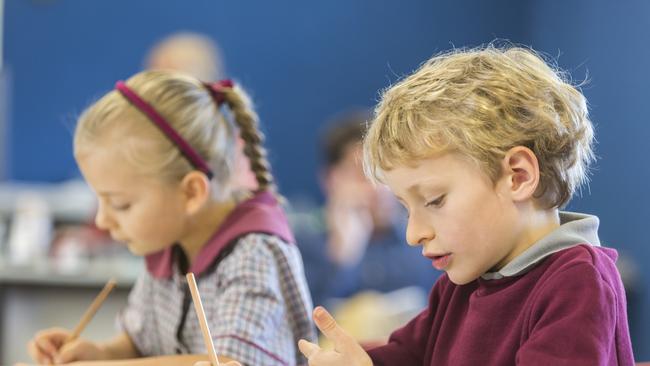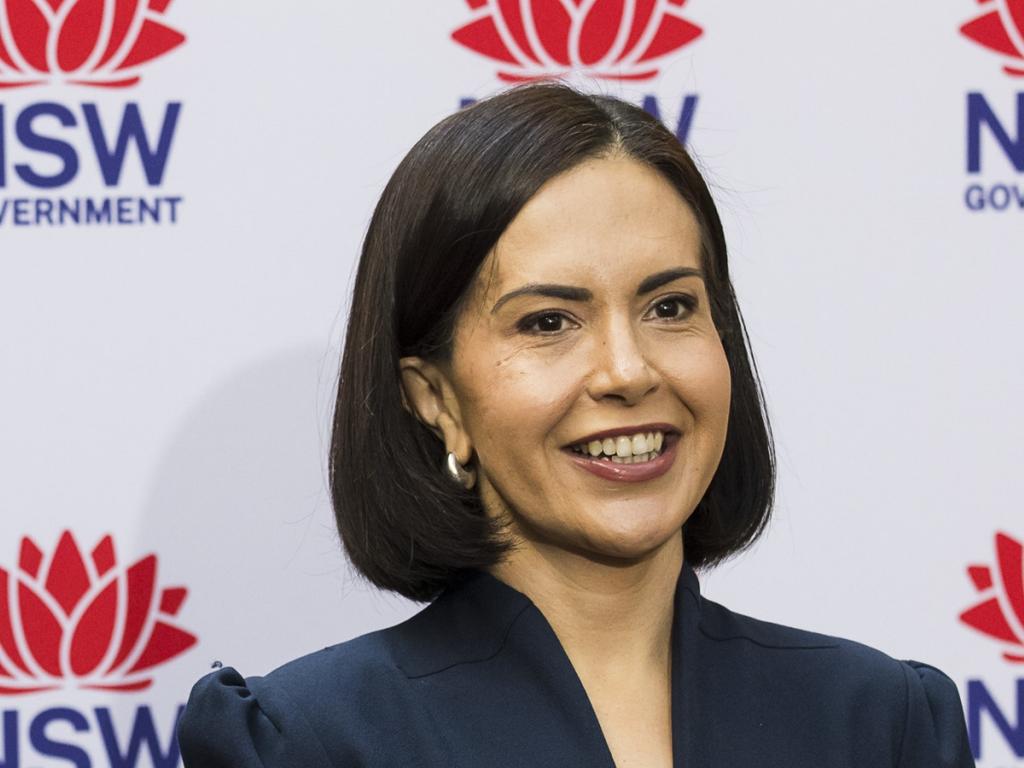Complex national curriculum is ‘impossible to teach’, primary school principals warn
‘Teachers are struggling beyond belief.’ Primary school principals are demanding changes to the national curriculum to focus on literacy, numeracy, art and sport.

The primary school curriculum is “impossible to teach’’ because it is too complex, principals have told a Senate inquiry.
Australian Government Primary Principals Association president Patrick Murphy said teachers needed a simpler national curriculum to focus on literacy and numeracy.
He said teachers were “struggling beyond belief’’ to get through the content of the national curriculum, which required every subject to include lessons on First Nations perspectives, sustainability and Australia’s relationship with Asia.
“The current primary school curriculum is too crowded (and) impossible to teach if taken literally,’’ he told a Senate inquiry into school funding on Wednesday.
“If we started at six o’clock in the morning and finished at six at night, we still wouldn’t get through every part of the Australian curriculum.
“Literacy and numeracy are fundamental: that’s what our families want, and what we want to deliver.’’
Mr Murphy said it was difficult to teach all “general capabilities’’ required in the national curriculum. These include critical and creative thinking, ethical and intercultural understanding, and personal and social capability.
“When we try to teach individual subjects, it makes it so difficult to get all those things covered,’’ he said. “It’s hard enough for an experienced teacher like me to decide which part do I need, and which part do I leave out. Teachers are struggling beyond belief.’’
In his submission, Mr Murphy said the national curriculum had mistakenly modelled primary school lessons on high schools and universities. “The curriculum documents are a subject-based approach, which comes from high schools and universities,’’ he wrote. “Student outcomes have not improved since it was implemented.’’
The national curriculum was updated in 2022, after the former Coalition government ordered that it be “decluttered’’, although some states still have not adopted it in full. NSW broke away with its own simpler curriculum this year, with a focus on teaching children to read through phonics, and with more fact-filled lessons for history, geography and science.

Mr Murphy said the national curriculum, written by the Australian Curriculum, Assessment and Reporting Authority, was failing to engage students and give them a “deep love of learning’’.
“Developing a new national primary school curriculum which has a focus on literacy and numeracy, together with activities which make students a part of their communities and makes them active citizens early in life is crucial,’’ he said. “Our curriculum needs to … include things we value in this country such as sport, art, drama, music and productions.’’
National Aboriginal and Torres Strait Islander Principals Association president Dyonne Anderson said the requirement to teach First Nations perspectives was not enough to engage Aboriginal and Torres Strait Islander children.
She said 13,000 First Nations children were not enrolled at school. “These are the children who become invisible and who people have given up on,’’ she told the hearing in Canberra.
“Cross-curriculum priorities have not enabled greater access for First Nations children, when it’s still a bit of a hit and miss approach. The curriculum does not meet the needs of those students.’’
The Senate education committee is inquiring into federal government legislation to raise the commonwealth contribution towards public school funding above the current cap of 20 per cent.
Federal Education Minister Jason Clare has offered to boost federal funding to 22.5 per cent of state school running costs – at a cost of $16bn extra over 10 years – in return for teaching reforms and higher targets for student attendance and achievement.
So far, Western Australia and Tasmania have signed the 10-year funding deal, along with the Northern Territory, which had its commonwealth contribution raised to 40 per cent to combat Indigenous disadvantage.
NSW, Queensland, Victoria, South Australia and the ACT are demanding the Albanese government boost its share of spending to 25 per cent.
Australian Secondary Principals Association president Andy Mison said Australia had one of the world’s most segregated education systems, with more children from high-income families attending private schools. “The fair go is a core Australian value yet our education system is marked by socio-economic segregation,’’ he said. “This concentration of disadvantage has a compounding effect.
“We’ve had 20 years or more of funding wars, with an uneven arms race around funding where the Catholic and independent sector do better and the public sector does worse.
“(The federal government has) an $18bn surplus projected and is spending close to $350bn on a submarine deal. Where do our kids sit in that triage of priorities – education is probably the most important nation-building investment we can make.”






To join the conversation, please log in. Don't have an account? Register
Join the conversation, you are commenting as Logout